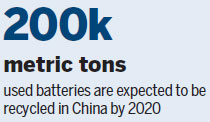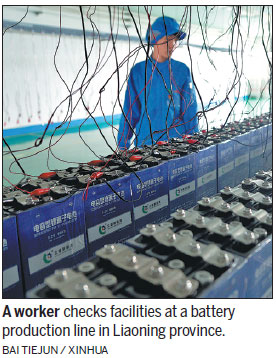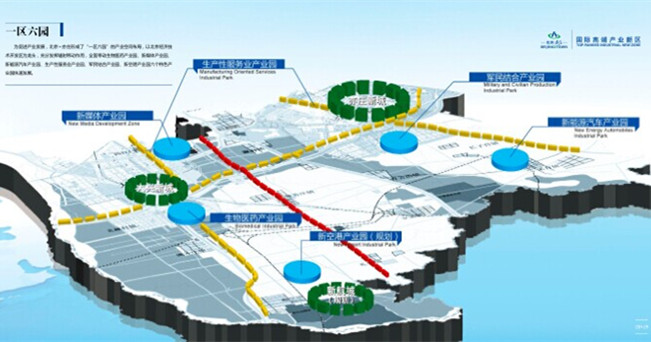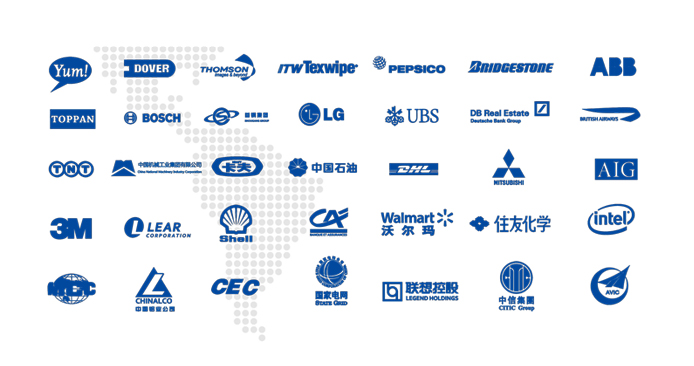Majority of Chinese agree new energy the future for auto sector
( China Daily )
Chinese customers are enthusiastic about new energy cars, including electric models and plug-in hybrids, especially those with a longer range, according to a survey released by JD Power.
Polling 2,212 respondents from across the country, the market researcher found that 86 percent agreed that new energy cars will replace conventionally powered ones, and 95 percent said they would consider new energy cars when they purchase their next car.
According to JD Power, respondents said environmental protection is the No 1 reason for their enthusiasm, followed by fuel economy. Also among the top reasons were government subsidies and easy access to license plates, which can be hard to get hold of in first tier cities.
Jacob George, vice-president and general manager at JD Power Asia Pacific, said such enthusiasm among Chinese customers could fall somewhat when the government removes financial incentives, so carmakers should brace themselves and prepare solutions.
In terms of products, Chinese people expect cars with a longer range but shorter charging time, the survey found. The report showed that 77 percent of the respondents would want their electric car to run more than 200 kilometers on one charge, while 38 percent would want 300 km.

A third of respondents would expect their car to be fully charged within six hours, and 12 percent said they would like to be able to swap batteries so that they can get a fully charged battery in just a few minutes.
Batteries' reliability and recycling were also among respondents' major concerns.
The poll showed that 68 percent of respondents worry that repeated battery use would cut the car's mileage, and 60 percent complained that the time needed for charging is too long.
Almost a third said they knew used batteries will affect the environment if not handled properly, but more than a fifth did not know how to recycle such batteries.

JD Power said customers' expectations will force carmakers to make technological breakthroughs, and solving battery problems will play a big part in new energy cars' future.
The Chinese government is offering a helping hand. It is providing more subsidies for cars with a longer driving range, while cars that run less than 150 km on one charge are no longer entitled for subsidies.
China is planning to build a system in which carmakers assume responsibility for recycling used batteries, which will total a combined 200,000 metric tons by 2020.
According to guidelines released in February, carmakers should build a network to collect used batteries, and transport them to companies contracted for processing and recycling.
The guidelines also encourage automakers to build a maintenance network so as to better serve new energy car owners.
Battery makers are also urged to provide technical information on dismantling and storage, as well as necessary training for automakers.
lifusheng@chinadaily.com.cn
(China Daily 03/12/2018 page19)
 The Area with Six Parks
The Area with Six Parks Global Top 500
Global Top 500